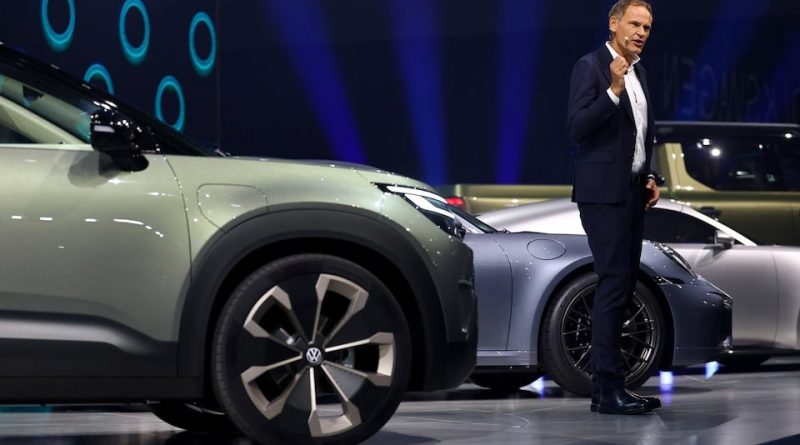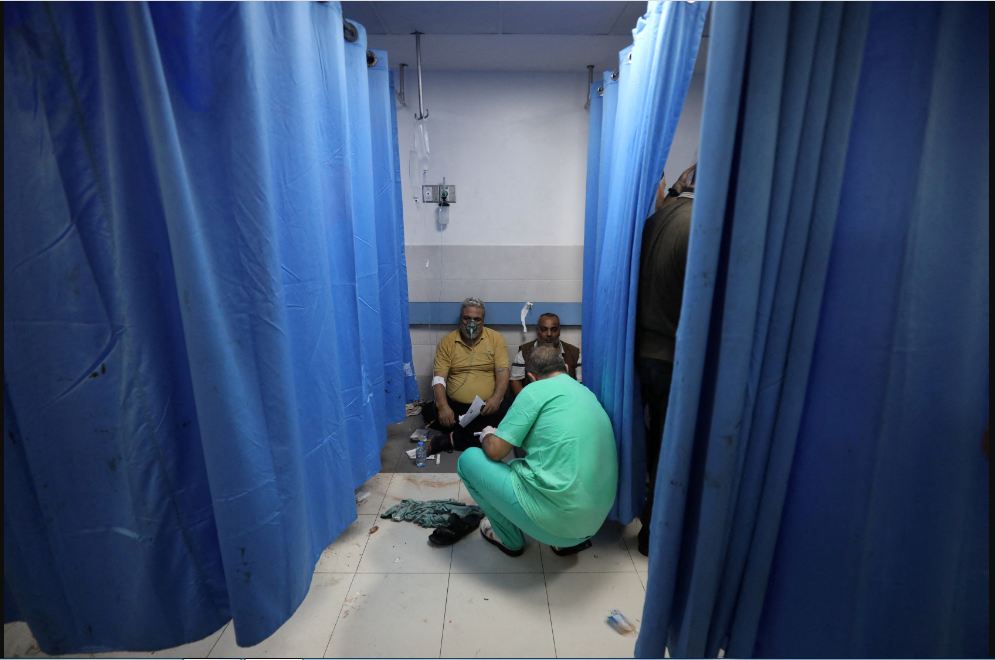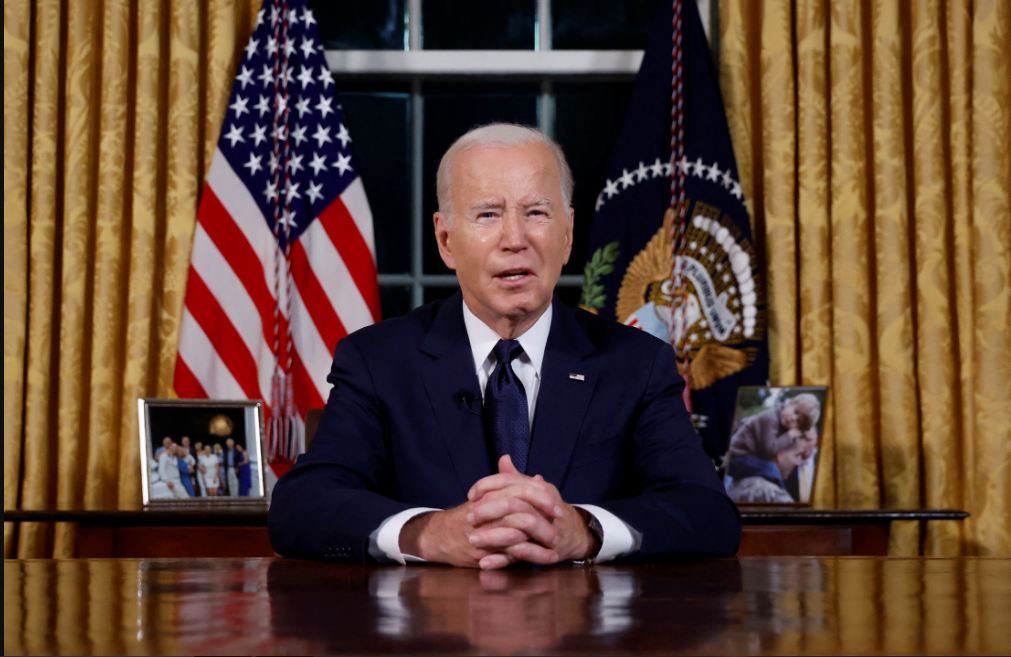Volkswagen Ensures Stable Chip Supply and Confident Outlook Amid Global Challenges
Frankfurt – Volkswagen Group, one of the world’s leading automakers and the parent company of Audi and Porsche, has confirmed that it currently has a stable and sufficient supply of semiconductor chips despite global concerns over potential shortages.
This assurance comes as several European carmakers have been facing uncertainty due to recent export restrictions imposed by China on semiconductor products.
Chief Executive Officer Oliver Blume emphasized that Volkswagen’s proactive supply chain management has enabled the company to secure the chips needed to maintain smooth production across its global facilities.
He noted that while the semiconductor industry remains delicate, Volkswagen’s preparedness reflects the group’s resilience and strategic foresight.
“The current chip situation highlights how interconnected and fragile the world economy is,” Blume said. “Unlike the last semiconductor crisis, this one involves simpler chips that are used across industries, especially in automobiles.
Fortunately, in the short term, Volkswagen Group is well provided for, and we are continuing operations without disruption.”
Volkswagen’s strong stance offers a reassuring message to both investors and consumers as the automotive sector navigates through supply chain pressures and geopolitical uncertainties.
The company remains optimistic that a swift diplomatic resolution between trading partners will ensure long-term stability in the semiconductor market.
China’s recent export restrictions on Nexperia’s finished products followed the Netherlands’ move to tighten control over the company.
While this geopolitical tension has caused concerns among European automakers, Volkswagen’s diversified procurement strategy has helped it avoid significant setbacks.
The automaker’s focus on building strategic partnerships with multiple chip suppliers worldwide has proven crucial in maintaining uninterrupted production.
Despite these global challenges, Volkswagen continues to innovate and strengthen its product portfolio.
The company’s premium division, Porsche, is also working through a period of market adjustments following slower sales in China and tariff impacts in the United States.
Blume expressed confidence that Porsche’s performance will see a strong rebound starting in 2026, driven by new models, technological advancements, and an expanding electric vehicle lineup.
Porsche recently reported a temporary dip in operating income, but leadership transitions and renewed strategic direction are expected to set the brand on a path toward recovery.
Blume announced that he would hand over the role of Porsche CEO to Michael Leiters, former McLaren Automotive executive, at the beginning of 2026.
He praised Leiters as a capable leader with deep expertise in high-performance sports cars, describing him as “a true professional who understands the spirit of Porsche.”
Industry analysts have welcomed Volkswagen’s positive outlook, noting that the company’s long-term planning and investment in innovation have placed it in a strong position compared to other automakers facing similar headwinds.
Volkswagen’s continued expansion into electric mobility, digitalization, and sustainable manufacturing remains central to its strategy for future growth.
Blume highlighted the company’s commitment to sustainability and technological leadership, stating that the automotive sector must evolve to meet both environmental goals and consumer expectations.
Volkswagen’s ongoing efforts to modernize its production processes and strengthen global partnerships underline its vision of building a more resilient and future-ready mobility ecosystem.
The group’s reassurance about chip availability comes as a relief to the European automotive industry, which has been closely monitoring the potential impact of trade restrictions on semiconductor supplies.
Volkswagen’s preparedness not only secures its own operations but also supports its suppliers and partners across the region.
Looking ahead, Volkswagen aims to maintain its focus on innovation, customer satisfaction, and sustainable growth.
The company’s ability to adapt to global changes while maintaining stability showcases its strength as a global industry leader.
With confident leadership and a clear roadmap for the future, Volkswagen continues to navigate challenges with optimism and strategic vision.



